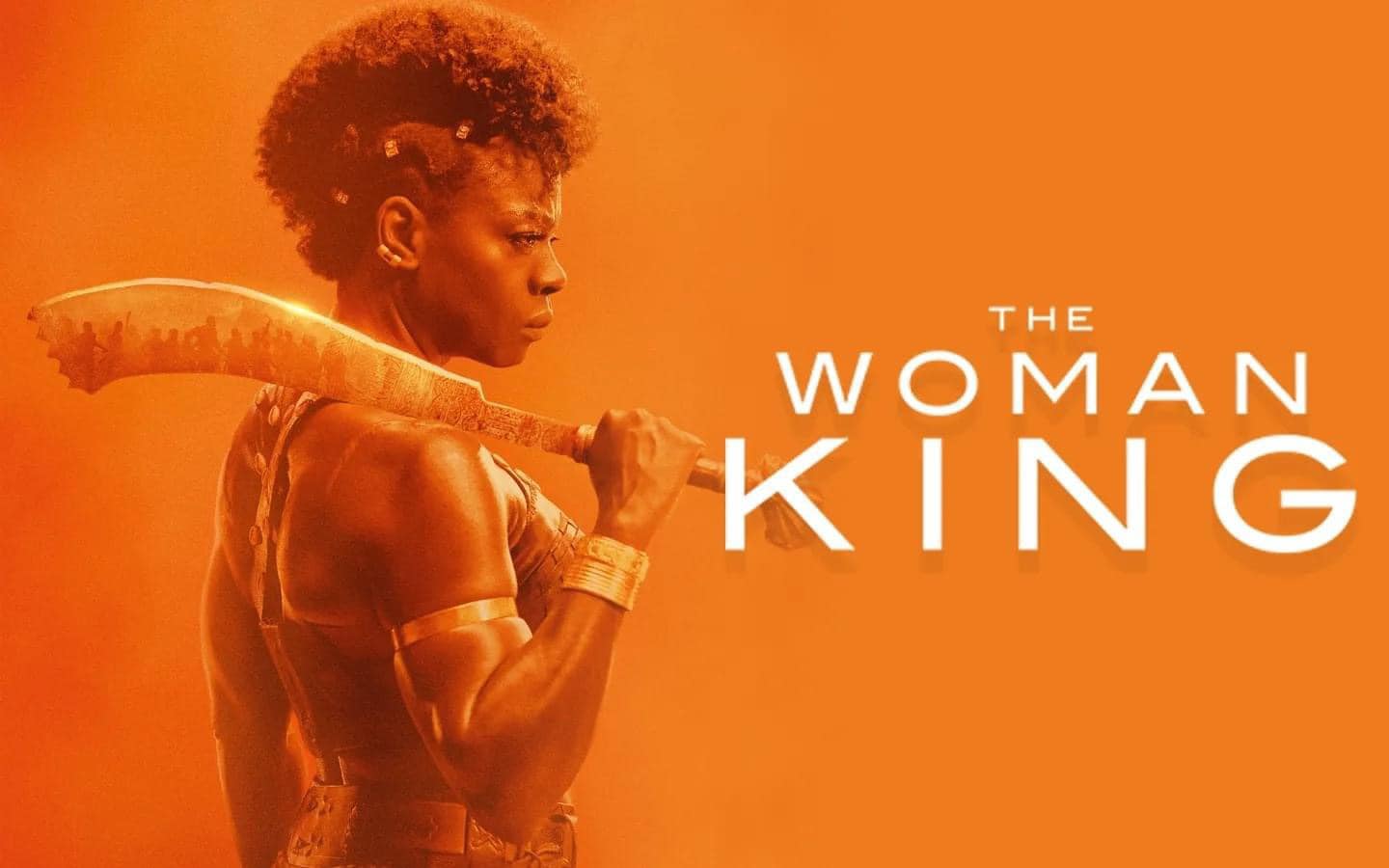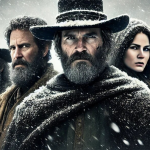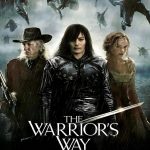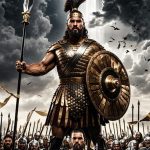“The Woman King: A Cinematic Tribute to African History and Female Empowerment”

Released in 2022, The Woman King is a groundbreaking historical drama directed by Gina Prince-Bythewood. This film shines a spotlight on the Agojie, an all-female military unit that protected the kingdom of Dahomey in the 19th century, situated in present-day Benin. Led by a powerful performance from Viola Davis as General Nanisca, the movie brings to life a relatively untold story of African history with a blend of riveting action, emotional depth, and cultural significance.
Historical Context and Setting
Set in the early 1800s, The Woman King immerses viewers in the rich and complex history of Dahomey, a kingdom known for its military prowess and unique social structures. The Agojie, also referred to as the Dahomey Amazons, were renowned for their extraordinary fighting skills, discipline, and unwavering loyalty to their kingdom. They were a force to be reckoned with, defending Dahomey against various threats, including rival factions and European colonial forces.
The film’s setting is visually stunning, capturing the lush landscapes of West Africa while also highlighting the intricate designs and vibrant culture of the kingdom. This backdrop not only enhances the authenticity of the story but also serves as a reminder of the rich heritage and history of African civilizations often overlooked in mainstream media.
Characters and Performances
At the heart of the film is General Nanisca, portrayed by Viola Davis, whose commanding presence and nuanced performance anchor the narrative. Nanisca is depicted as a formidable leader, wise and battle-hardened, yet deeply compassionate. Her character is inspired by the real-life women who led the Agojie, embodying their strength, resilience, and leadership.
Thuso Mbedu plays Nawi, a young woman who joins the Agojie with a fierce determination to fight against the slave trade that has ravaged her community. The dynamic between Nanisca and Nawi forms the emotional core of the film, as it explores themes of mentorship, generational wisdom, and the fight for freedom. The supporting cast, including Lashana Lynch and John Boyega, also deliver strong performances, adding depth to the portrayal of the Agojie and their world.
Themes and Impact
The Woman King is more than just a historical drama; it is a powerful statement on female empowerment, resilience, and the untold stories of women warriors who shaped history. The film addresses the complexities of African societies during the era, including the impact of the transatlantic slave trade and the internal conflicts that arose from it. Through its portrayal of the Agojie, the film challenges traditional narratives and celebrates the strength and agency of African women.
The action sequences are intense and meticulously choreographed, showcasing the physical prowess of the Agojie while also emphasizing the emotional stakes of their battles. Yet, the film is careful not to glorify violence, instead focusing on the human experiences and moral dilemmas faced by its characters.
Conclusion
The Woman King stands as a significant cinematic achievement, bringing to light a powerful story of African history and female strength that has been largely ignored by mainstream media. With its compelling performances, rich historical context, and thought-provoking themes, the film not only entertains but also educates and inspires. It serves as a reminder of the resilience and courage of the Agojie, and by extension, of the countless women throughout history whose stories have yet to be told.
As audiences around the world embrace The Woman King, the film’s legacy will undoubtedly contribute to a broader understanding and appreciation of African history and the powerful women who helped shape it.











